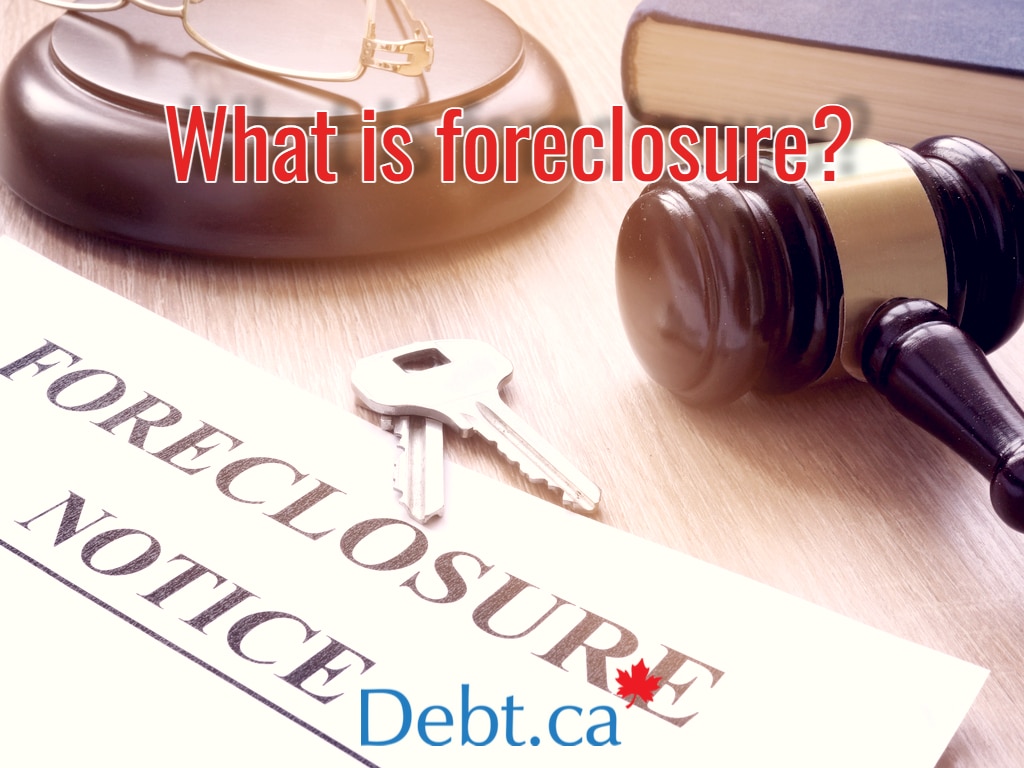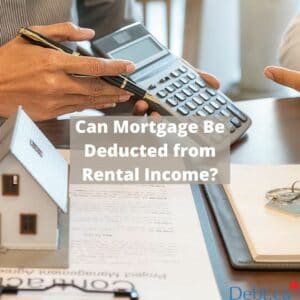Millionaires still advise that real estate is the best investment. Even in a global pandemic, people continue to purchase homes. Just in 2021, Canadians brought themselves to nearly $2.1 trillion in collective consumer debt, even though overall credit card debt actually decreased. Experts say that a surge in mortgage loans explains this increase in consumer debt.
You have many responsibilities when carrying a mortgage. You need to be aware of your financial scenario and other obligations, and ensure you have enough income to make your mortgage payments on time. However, responsibility isn’t the only thing keeping your mortgage paid. Life is unpredictable, and sometimes you might experience an event that prohibits you from making your mortgage payments, regardless of your level of responsibility.
This occurs when a homeowner does not make their mortgage payments on their property. Since sorting out any mortgage issues is in the best interest of the mortgage lender, they’ll often try to sort out the issue with the homeowner. If they cannot resolve it, however, the homeowner forfeits their rights to their property through foreclosure.
The Foreclosure Process in Canada
If a homeowner consistently misses their mortgage payments and they cannot resolve the issue with their lender, the home will undergo one of the following types of foreclosure: the power of sale or judicial foreclosure.
Power of Sale is the preferred process in Ontario, New Brunswick, Newfoundland and Labrador, and Prince Edward Island. It allows the lender to give the borrower 35 days, with notice, to pay back whatever they owe. If the homeowner does not pay within 35 days, the lender has the right to sell the property without consulting the court.
Once sold, the sale proceeds cover the money owed to the lender, with anything remaining going to the homeowner. However, if the sale does not cover the amount owed, the lender can sue the borrower for the rest of the balance.
Judicial foreclosure is the preferred process in British Columbia, Alberta, Quebec, Manitoba, Saskatchewan, and Nova Scotia. Unlike the Power of Sale option, judicial foreclosure is a longer, legal process that involves the courts. A lender obtains a Certificate of Foreclosure, effectively transferring the ownership of the property to themselves. Once the lender sells the property, the original homeowner cannot earn any capital gains made on the sale.
How Foreclosure Affects Credit
It typically hurts credit scores. Mortgage lenders aren’t required to report your mortgage payments to the credit bureaus, but they still do sometimes. Since mortgage payment history might appear in your credit report, foreclosures might appear as well. If your credit report reflects one, your credit score will likely be affected for 7-10 years.
You can’t remove a foreclosure from your credit report until a substantial period of time (7-10 years) passes.
Foreclosure vs Repossession
Repossession is a consequence of foreclosure. If a lender is successful in completing the foreclosure process, they repossess the previous homeowner’s home. Once a lender repossesses the home, the homeowner and/or any other tenants must leave the property.
Foreclosure vs. Short Sale
While foreclosure occurs when a lender takes possession of a property and sells it, a short sale is initiated by the mortgage borrower. A short sale occurs when a homeowner sells their home at a lower value than what they currently owe on their mortgage.
For example, if a homeowner owes another $500,000 on their mortgage and can only sell their property for $300,000, that’s a short sale. Although you lose money on a short sale, it’s a much better option for both a borrower and lender. It removes the stress of the foreclosure process.
Common Questions About Foreclosure
Are these records public?
If a lender begins the judicial foreclosure process, then that foreclosure becomes a public record. Most Canadian legal matters are public records. However, power of sale proceedings aren’t public records, since they do not involve the courts.
When do lenders begin the foreclosure process?
Lenders prefer to sort out missed payments as soon as possible, without the foreclosure process. However, they usually begin thinking about starting foreclosure proceedings only after a borrower has missed about 3 months of mortgage payments (3 payments usually).
Are foreclosure homes good to buy?
A common misconception about buying a foreclosed home in Canada is that they are sold cheaper than market value. This is mostly true in the United States, where there are entire online directories for foreclosure homes, but not in Canada. Foreclosed homes in Canada are still put up for sale through the regular home buying process, through real estate agents at market value.
Since foreclosed homes in the USA are cheaper, they might be a good investment for someone. However, you might face competition from developers interested in the cheaper land.
Moreover, some foreclosed homes are sold via public auction, even in Toronto. But, they often come with a catch, such as not being able to see the inside of the property.
Why do homes go into foreclosure?
There are many contributing factors to a home going into foreclosure. Some common reasons include:
- Negative equity caused by property value falls
- Rising interest rates
- Medical illness or death
- Divorce
- Job loss
How can I avoid foreclosure?
There are many alternatives to foreclosure that don’t involve legal proceedings or a negatively affected credit score. Homeowners can negotiate a payment plan with their lender, consider debt consolidation, move in with family and rent out the property, or sell the property on their own.
Who pays the fees?
The borrower usually pays the fees, but there are some instances where the buyer, who can sometimes be the lender, of the foreclosed property pays the fees. It depends on each case.
Final Thoughts
Foreclosure is a scary process since it entails losing possession of one of the biggest investments you’ll ever make. However, there are many alternatives. If you think you might have to go through the process, consider exploring debt consolidation options to settle your mortgage debt.









